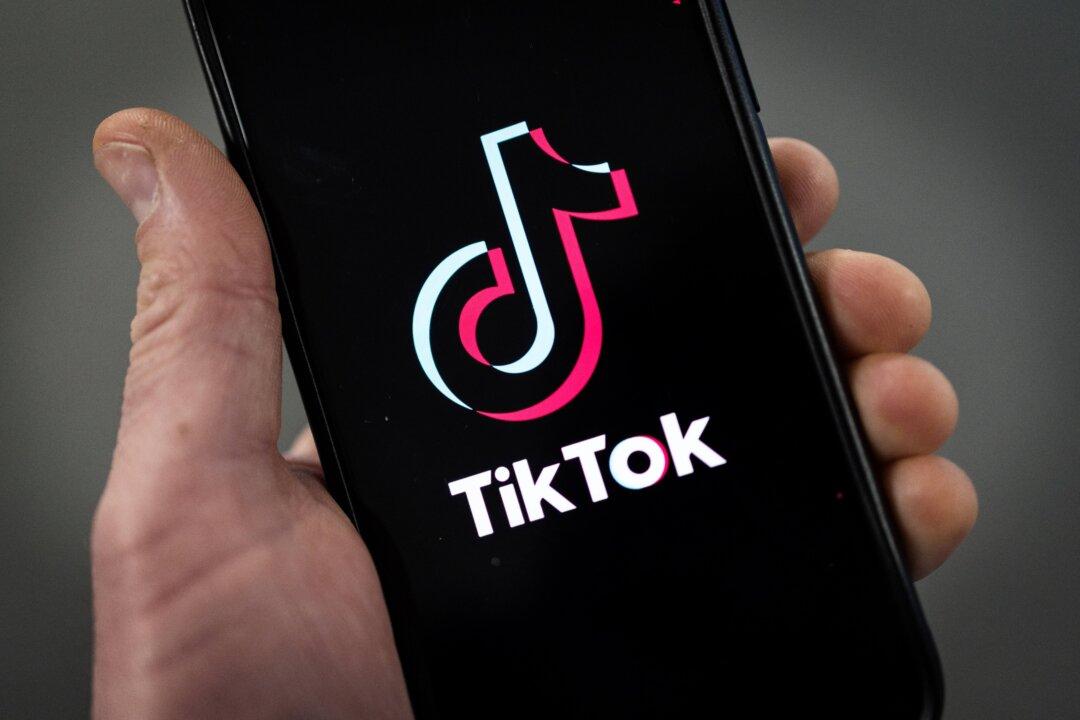Rep. Kat Cammack (R-Fla.) has reiterated her concern about the impact the Chinese-owned social media app TikTok is having on America’s youth, likening the app’s algorithm to a form of “digital fentanyl” that makes addicts of its users.
Speaking with “NTD News Today” on Monday, Ms. Cammack shared her concern about an algorithm she believes is designed to draw in users by tracking their behavior on the app before feeding them exactly the content that will keep them using the app for long durations.





